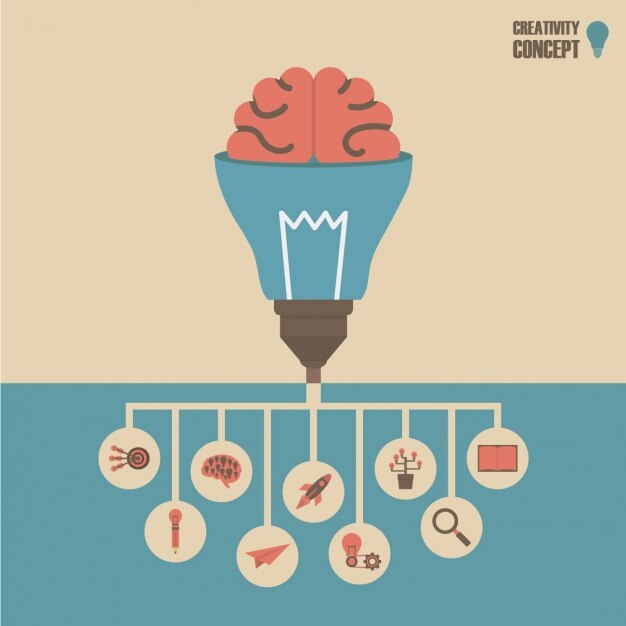10 Mind-Blowing Brain Fun Facts You Need to Know

The average human brain weighs about 3 pounds.
The brain is the most energy-consuming organ in the body, using around 20% of the body’s total energy.
Your brain generates as much energy as a 10-watt light bulb.
The brain is composed of around 100 billion neurons.
Neurons in the brain can transmit information at speeds of up to 268 miles per hour.
The brain is only 2% of your body weight but uses 20% of the oxygen you breathe.
It takes your brain about 70 milliseconds to process and interpret visual information.
The human brain can store between 1-2 petabytes of information, equivalent to nearly 3 million hours of TV shows.
The left side of your brain controls the right side of your body, while the right side controls the left side.
The brain processes negative emotions more thoroughly than positive ones, which is why negativity sticks with us longer.
When you learn something new, your brain physically changes through a process called neuroplasticity.
The hippocampus, a part of the brain responsible for memory, regrows approximately 700 new neurons a day.
The human brain has the capability to generate new brain cells throughout life.
Multitasking is not possible for the brain; it rapidly switches between tasks instead.
The brain’s processing speed slows down after the age of
Learning a new language strengthens your brain and improves cognitive functions.
10 Mind-Blowing Brain Fun Facts You Need to Know part 2
Your brain is more active at night than during the day, especially during dreaming.
Your brain can recognize up to 10,000 different scents.
The brain of a studying student consumes around 20% more energy while taking an exam.
Laughing increases the levels of endorphins, dopamine, and serotonin in the brain, promoting a better mood.
Your brain generates more electrical impulses in a single day than all the telephones in the world combined.
The brain’s energy consumption is the same when you’re awake or asleep.
Listening to music can stimulate the release of dopamine in the brain, generating feelings of pleasure and motivation.
Chronic stress can shrink the frontal lobes of the brain, impairing memory and decision-making abilities.
The brain contains about 86 billion nerve cells, also known as neurons.
The brain continues to develop until the age of 25, even though it stops growing in size around the age of
Daydreaming activates the brain’s default mode network, which helps with problem-solving and creativity.
The brain’s neurons can form up to 1000 trillions of connections, called synapses.
The brain’s responses to pain are influenced by social interactions and emotional context.
Alcohol slows down brain activity and hampers the transmission of information between neurons.
The brains of bilingual individuals show enhanced executive functions and cognitive flexibility.
Handwriting engages more areas of the brain than typing on a keyboard.
Lack of sleep can negatively impact memory consolidation and cognitive performance.
The brain releases oxytocin, a feel-good hormone, when we feel love and affection.
Memory recall is better when the mind is in the same state as when the information was learned.
A single human brain generates more electrical impulses than all the computers in the world.
The link between sleep and memory consolidation was first discovered in the early 1900s.
The brain’s prefrontal cortex, responsible for decision-making, doesn’t fully mature until the mid-20s.
The brain has no pain receptors, so it can’t feel pain.
The brain has the ability to generate electricity and produce brain waves.
The brain consumes more sugar than any other organ in the body.
Regular exercise has been proven to enhance brain function and improve memory.
The brain has the ability to heal and rewire itself after a traumatic injury.
Different parts of the brain control different personality traits and behavior patterns.
The brain is a powerful and mysterious organ, constantly working to interpret and navigate the world around us.